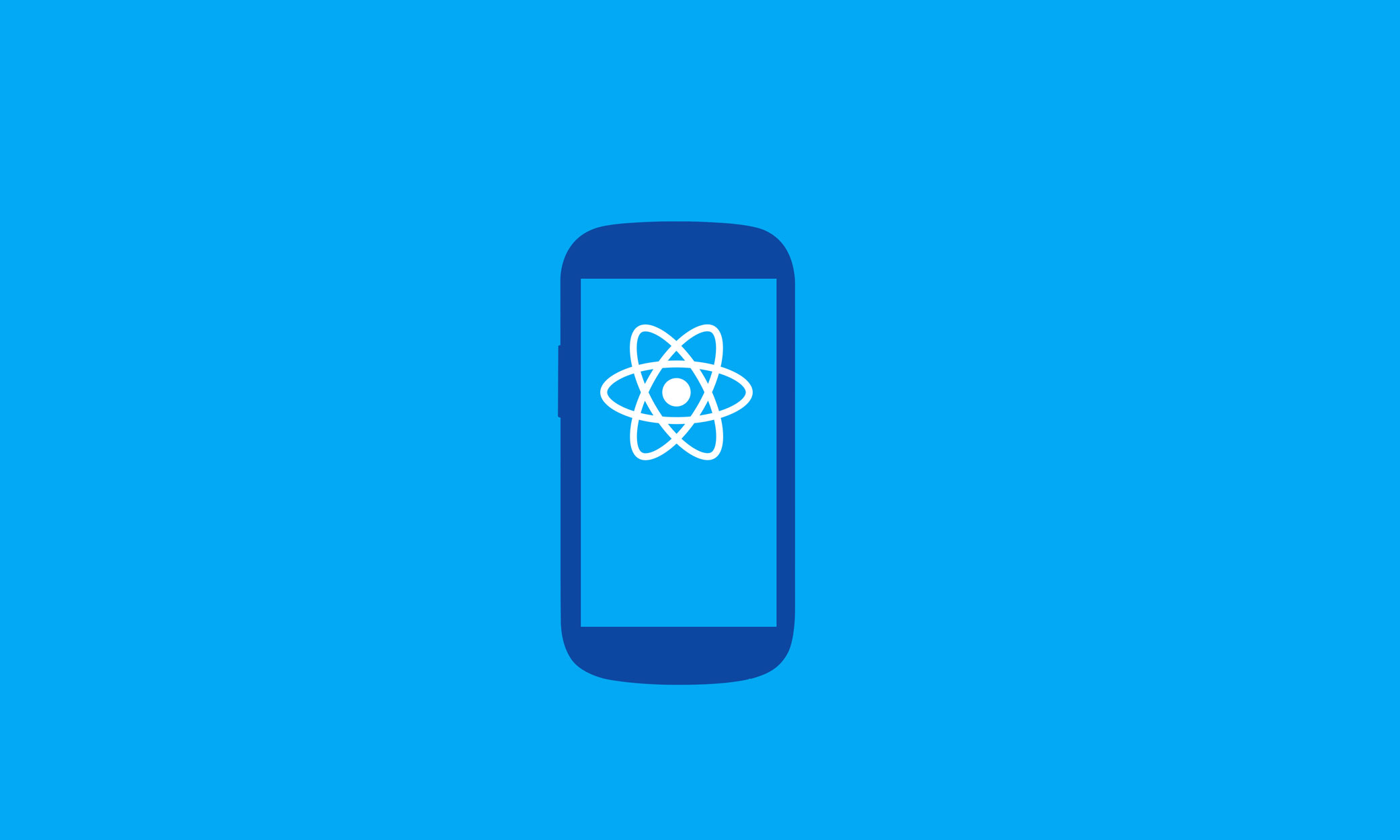


React Native is a programming framework developed by Facebook that gives developers the ability to create full, native mobile apps for both iOS and Android using a universal programming language called JavaScript. According to Facebook’s React Native site, “React Native uses the same fundamental building blocks as regular iOS and Android apps. You just put those building blocks together using JavaScript.
React Native came about to help developers reuse code across the web and on mobile devices. With React Native, app developers will not have to build the same app for iOS and for Android from scratch. Instead, they can reuse the same code across each operating system. The amazing thing about React Native is that there is very little difference between an app built in a device’s native code (Objective-C or Java) and one built using React Native. The framework is open source and community-driven and is spurred on by a large following of developers ready to share their knowledge, expertise, and input to improve and support the framework.
1) Saves Time and Money
Because 95% or more of the code is cross-platform, meaning it is compatible with both Android and iOS, developers only need to build one app, and in the end, two apps are created. This saves time in development of the app, which saves a lot of money that would have been put into building separate apps. With React Native, businesses can have both apps at once for little more than half the cost of building one version. Companies no longer have to choose which version to build and launch first due to the cost of building two separate apps. In addition, maintenance and updates are done on both apps at the same time that saves on future costs once the apps are built and launched.
2) Great Performance
React Native apps perform almost exactly like a native app that was built on the specific iOS or Android platform. They are also fast because the programming language is optimized for mobile devices. Instead of mainly using the central processing unit (CPU), React Native apps take advantage of the graphics-processing unit (GPU). This makes them much faster than cross-platform hybrid technologies.
3) Increased Flexibility
The type of interface used in React Native makes it easy for different developers on a team to jump in where someone else left off and continue building. This increases team flexibility, and makes it easier to update and upgrade the mobile app. It also creates flexibility for testers who are able to create testing scenarios much easier. These advantages also contribute toward saving time and money.
4) Moveable
If it is desired or becomes necessary to move the app to another development framework in the future, app developers do not need to start over. They can export the app from React Native, move it into Android Studio or Xcode, and continue from there. This is a huge benefit of using React Native for mobile app development and adds to its flexibility.
5) Immediately View Changes
React Native offers something called “live reloading” or “hot reloading” which enables developers to immediately view the changes they have made to the code in another live preview window simultaneously. This provides a great advantage to developers due to the real-time feedback.
6) Publish Updates for Your Apps Faster
Publishing updates for your app used to take a lot longer, requiring developers to go through a build process again with each app separately. With React Native, that process has been streamlined. Not only can both apps be updated at the same time, but also the whole process is much simpler and can be done much faster. As you create improvements and updates for your users, developers implement them through over the air (OTA) updates, which are implemented even as users are using the app. Then, the next time the app is opened, the update is ready for the user. There is no longer a need to update the app through the app stores manually and have them approved by Apple or Android, which saves time and makes the process much more streamlined.
References
Thinkwik. (2018, February 04). React Native: What is it? and, Why is it used? Retrieved December 01, 2020, from https://medium.com/@thinkwik/react-native-what-is-it-and-why-is-it-used-b132c3581df
5 key advantages React Native: Icapps your digital products. (n.d.). Retrieved December 01, 2020, from https://icapps.com/blog/5-advantages-react-native